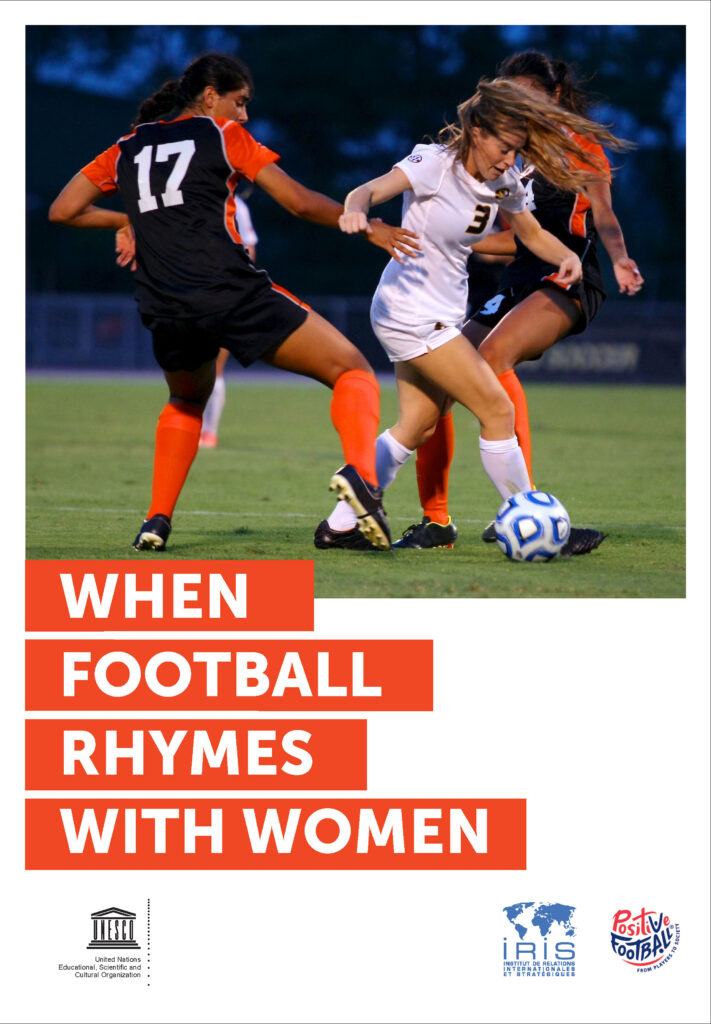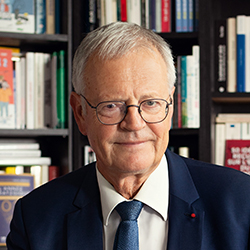Studies / Sport and Geopolitics
3 June 2019
When football rhymes with women

Sport promotes central and universal values such as team spirit, tolerance, honesty and solidarity. It is also a powerful vehicle for social inclusion and dialogue and a remarkable lever for promoting gender equality. But, let us make no mistake: it can also sometimes be the breeding ground for unhealthy behaviours leading to division, discrimination and intolerance. Football bears these two dimensions.
Faced with this challenge, and to tip the scales to the right side, UNESCO and its partners have set themselves the task of promoting the universal values of sport. They have chosen to focus on those promoted by football, a sport that promotes the empowerment of girls and women and promotes mutual respect, equality and fair play.
Significant prejudice persists against women players, referees, coaches, staff and managers, who are still often viewed as not belonging in this environment and as illegitimate, ostensibly incompetent, and simply “out of place” because of their gender. This is in addition to the problem of violence against women, from which football is not immune and for which distrust of LGBT people is one motivation. A gap also persists in media coverage of women’s competitions and female athletes, both qualitatively and quantitatively, in addition to the self-censorship of women themselves.
For UNESCO, this report presents a view that helps inform a two-track strategy: 1) the creation of the “Observatory for Women, Sport, Physical Education and Physical Activity”, intended to implement Action 4 of the “Kazan Action Plan” recognised by the UN in 2018; and 2) the co-publication, with UN Women, of a practical guide for sports organizations to combat violence against women and gender-based violence.
UNESCO, IRIS and the UNFP therefore hope that this report will inform and advance an important debate. We are convinced that the perception of women in football and, more broadly, in sport can be changed only by increasing the number of initiatives — like this report — that highlight the diverse and complex issues raised by the game’s feminisation. Accordingly, this report is just one of any number of mechanisms to mobilise stakeholders and partners for gender equality.


